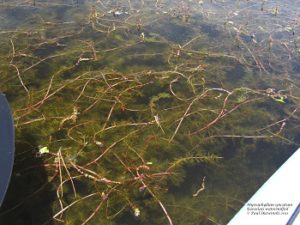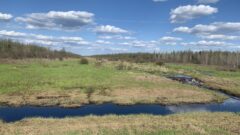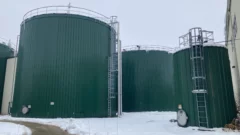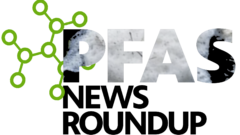U.S. and Canadian coast guards renew agreement on icebreaking for Great Lakes shipping
The U.S. and Canadian Coast Guards reached a new agreement on icebreaking to allow for Great Lakes shipping, which brings international commerce to Northwest Indiana and iron ore to regional steel mills when the Great Lakes are frozen over. Read the full story by The Times of Northwest Indiana.
Great Lakes Commission
https://www.glc.org/dailynews/20240219-icebreaking-agreement

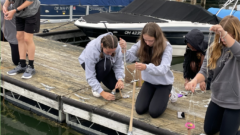
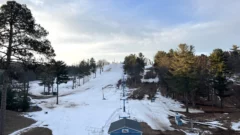
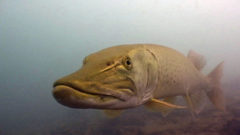
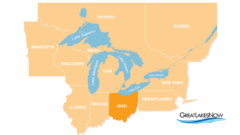
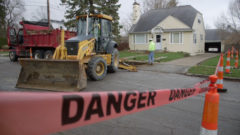
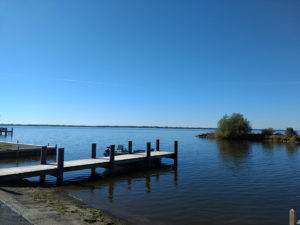 while still leaving options open for herbicide treatment, if needed. Other management options include manual and mechanical removal as well as simply monitoring, since non-native plants can often co-exist with other native plants in a lake without taking over and becoming a nuisance.
while still leaving options open for herbicide treatment, if needed. Other management options include manual and mechanical removal as well as simply monitoring, since non-native plants can often co-exist with other native plants in a lake without taking over and becoming a nuisance.